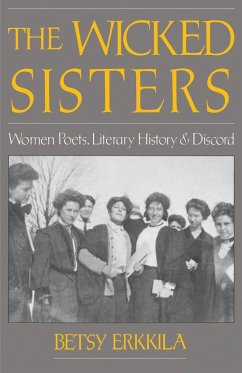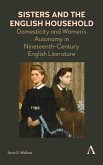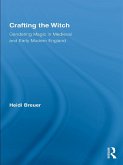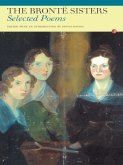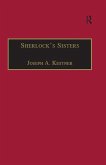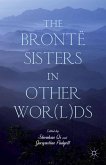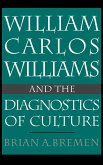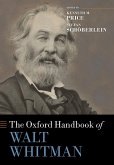This provocative study of the lives and works of Emily Dickinson, Marianne Moore, Elizabeth Bishop, Adrienne Rich, and Gwendolyn Brooks focuses on the historical struggles and differences among and within women writers and among feminists themselves. Erkkila explores the troubled relations women writers experienced with both masculine and feminine literary cultures, arguing that popular feminist views often romanticize and maternalize women writers and their interrelations in ways that effectively reinforce the very gender stereotypes and polarities which initially grounded women's oppression. Studying the multiple race, class, ethnic, cultural, and other locations of women within a particular social field, Erkkila offers a revisionary model of women's literary history that challenges recent feminist theory and practice along with many of our fundamental assumptions about the woman writer, women's writing, and women's literary history. In contrast to the tendency of earlier feminists to heroize literary foremothers and communities of women, Erkkila focuses on the historical struggles and conflicts that make up the history of women poets. Without discounting the historical power of sisterhood, she seeks to reclaim women's literary history as a site of contention, contingency, and ongoing struggle, rather than a separate space of untroubled and essentially cooperative accord among women. Encompassing the various historical significations of "wickedness" as destructive, powerful, playful, witty, mischievous, and not righteous,
The Wicked Sisters explores the power struggles and discord that mark both the history of women poets and the history of feminist criticism.
Dieser Download kann aus rechtlichen Gründen nur mit Rechnungsadresse in A, B, BG, CY, CZ, D, DK, EW, E, FIN, F, GR, HR, H, IRL, I, LT, L, LR, M, NL, PL, P, R, S, SLO, SK ausgeliefert werden.

